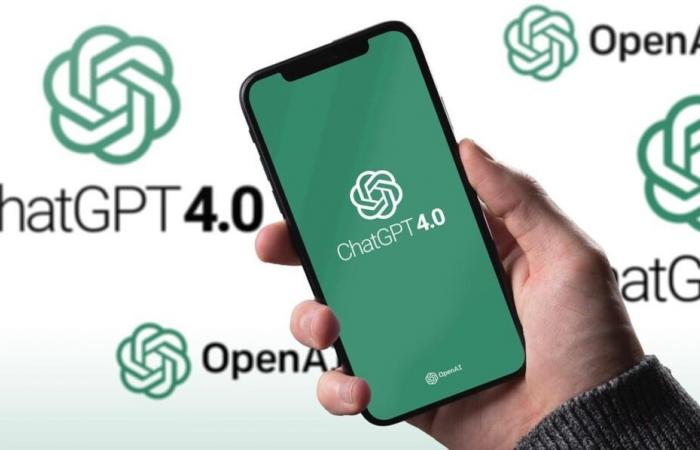A recent survey reveals that more and more teenagers are turning to the intelligent chatbot ChatGPT for help with their school work. This trend raises questions about the potential impact of this technology on education and how it might be integrated or regulated within schools.
Advertisement
Teenagers’ craze for ChatGPT
According to a study conducted by the Pew Research Center, 26% of American students aged 13 to 17 have used ChatGPT to help them with their homework during the year 2024, a figure that doubled compared to 2023 when only 13% had done so. The use of this chatbot shows a growing familiarity with this technology among young people.
This phenomenon is not evenly distributed across different demographic groups. Hispanic and African-American adolescents are more likely to use this technology compared to white adolescents, although the latter also show a notable increase in its use. These disparities suggest differences in accessibility and trust in new educational technologies within various communities.
Different levels of comfort with ChatGPT
Students demonstrate varying levels of comfort with using ChatGPT depending on the type of assignment. The majority (54%) consider using the chatbot to search for new topics to be acceptable. However, they are more divided when it comes to solving math problems or writing essays. Only a small minority (9%) find it unacceptable to use ChatGPT to explore new academic themes.
The diversity of opinions reflects a broader debate on the integration of artificial intelligence technologies in the educational environment. Jamie Cohen, assistant professor of media studies at CUNY Queens College, points out that “the pressure is less on students and more on teachers to find ways to incorporate these new technologies into teaching.” Trainers should explain how these systems work, the sources of their data sets, their potential errors, and the limitations of their use to deliver automatically written reports.
Educational and regulatory consequences
Following the introduction of ChatGPT to the public in late 2022, several school districts had adopted a restrictive approach to prevent potential abuse of this tool by students. These prohibitions are intended to ensure that grades awarded truly reflect students’ personal understanding and work rather than unauthorized outside intervention.
-However, there could also be some benefits to using ChatGPT. For example, a teacher can increase his efficiency when correcting papers using this technology. Likewise, students can benefit from instant and diverse access to information, capable of stimulating their intellectual curiosity and broadening their academic horizons.
The growing number of teens using ChatGPT for their education highlights the rapidly changing educational landscape. This shift toward advanced technological tools requires careful consideration of traditional assessment methods and instructional models. It could also encourage the establishment of specific regulations for artificial intelligence models that have a significant influence on the lives of individuals.
Lawmakers around the world are carefully examining the impact of AI in order to develop appropriate policies. This includes increased oversight and more rigorous standards to ensure their fair and ethical use in educational institutions.
Towards informed and ethical adoption
For the adoption of ChatGPT and other similar tools to be welcomed by all stakeholders in the education sector, it is crucial that its use is governed by clear guidelines. Teachers must receive adequate training to effectively integrate these tools into their teaching practice. At the same time, students must be made aware of the issues related to the use of such technologies, ranging from understanding their functionalities to recognizing their limitations.
It is therefore up to school and education authorities to design suitable programs that exploit the benefits offered by these innovations while managing the inherent risks. A balanced approach also involves adopting maximum transparency on the way in which tools like ChatGPT collect and use user data, thus ensuring optimal protection of student privacy.




